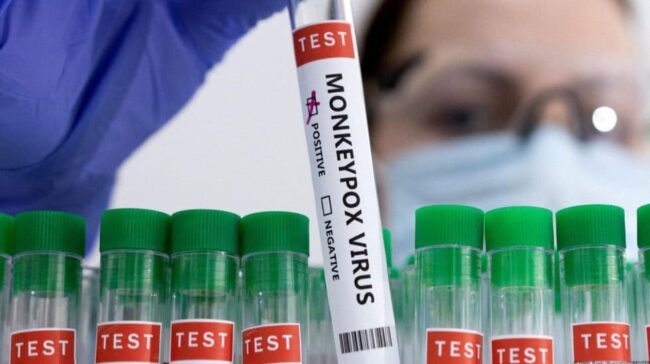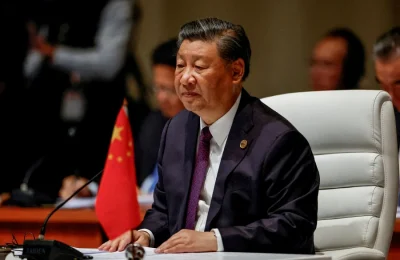The monkeypox virus, a highly contagious and deadly pathogen, has led to the World Health Organisation declaring it a global health emergency.
This declaration underscores the urgent need for coordinated international action to contain its spread and mitigate its impact.
During his address on Thursday, Professor Pate highlighted that the Nigeria Centre for Disease Control (NCDC) and the Nigeria Ports Health Services, both under the Federal Ministry of Health and Social Welfare, had already initiated steps to fortify the nation’s defences even before the Africa Centres for Disease Control and Prevention (Africa CDC) declared Mpox a public health emergency.

The Minister explained that the Mpox Clade 1 strain has been particularly deadly, with previous outbreaks resulting in fatalities in up to 10% of those infected. In response, the Nigerian government is deploying measures akin to those used during the COVID-19 pandemic to combat and mitigate the impact of this viral threat.
Among the measures implemented is a new mandate requiring all travellers to complete an online health declaration form before departing for Nigeria.
Additionally, the government has activated infectious disease centres across all 36 states and the Federal Capital Territory to enhance the country’s preparedness and response capabilities.
Professor Pate also urged the public to maintain good hygiene practices, including frequent hand washing with soap and water or using an alcohol-based hand sanitiser, especially after contact with an infected person or animal.

Mpox is transmitted through close contact, including sexual activity, skin-to-skin contact, and close proximity during talking or breathing. The virus causes flu-like symptoms and skin lesions and can be fatal, with approximately 4% of cases resulting in death.
While vaccines can help prevent and control Mpox outbreaks, they are typically reserved for individuals at risk or those who have been in close contact with an infected person.
ALSO READ THESE TOP STORIES FROM NIGERIAN TRIBUNE







